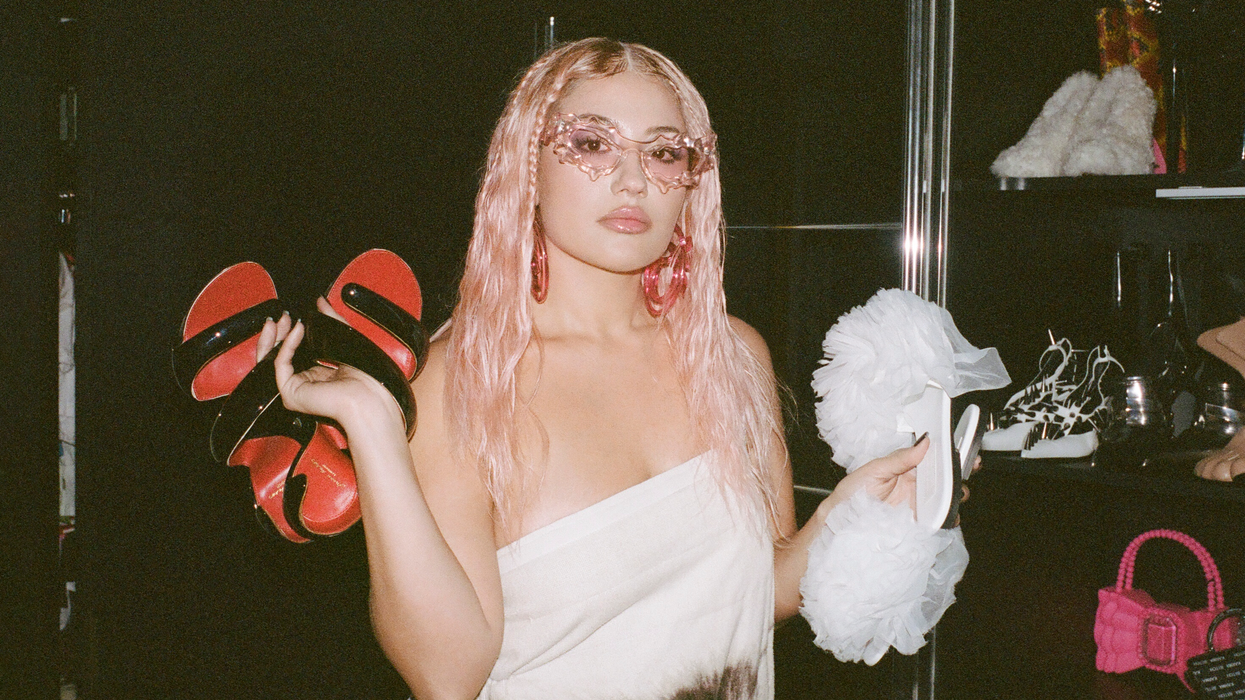
Wigs have always been a best-supporting character in Hollywood—it took Cailee Spaeny five different wigs to transform into Priscilla Presley in Sofia Coppola’s film Priscilla, and Margot Robbie wore 48 different wigs (yes, you read that right) in the Barbie film. But wigs aren’t just popular in films; they’ve gained so much traction amongst us mortals, too. It makes sense—wigs are so damn versatile. They take the stress out of styling; you can switch up your look whenever and however you want without the commitment or potential damage.
For the non-initiated, stepping into the world of wigs and figuring out what type will work best for you can be overwhelming and very confusing. That’s why we reached out to wig maker and hairstylist Cliff Vmir, Professional Hair Labs’ CEO Ryan Margolin, and UNice’s expert stylist Dayonna Worrell to break down everything you need to know.
Glossary:
Virgin Hair: “Bundles of hair used to make custom wigs that have not been colored or processed in any way.” — Cliff Vmir
Ready-Made Wig: “Ready-made wigs typically arrive pre-plucked, pre-bleached, and pre-cut, which can be taken out of the packaging and worn without wig preparation or styling.” — Ryan Margolin
Lace Front Wig: “A lace front wig specifically covers the front of the head from ear to ear to resemble a natural hairline. Lace front wigs are also available in two sizes –13x4 or 13x6. Depending on the style you’d like to achieve, 13x6 allows more parting space to switch between a deep side part or middle part.” — Margolin
Full Lace Wig: “Full-lace wigs allow you to part freely since the lace covers the entire circumference of your head. You’ll need a quality wig adhesive to secure the wig in place for a long-lasting install.” — Margolin
Install: “Install is the process of placing and securing your wig on your head. This is usually done with glue or sewing.” — Vmir
Knots: “Knots are the roots on a wig that mimic the roots on your own hair. Most are made of black thread. On higher-quality wigs, the knots can be dyed or lightened to look like a scalp. The thickness of the knots also determines how natural it looks.” — Vmir
Plucking: “Plucking is the art of using tweezers to thin out and create a hairline on the lace-front wig. This creates the illusion of baby hair and softens the line of demarcation between the wig and your own hair. You can’t pluck a synthetic wig, only human hair.” — Vmir
Closure: “A closure is a horseshoe-shaped section of hair, usually 4" x 4", that you install to close off a style. It’s sewn on at the front/crown of the head when wearing a weave. You’d do a closure if you have a style that requires a specific part, center, or side. Although these are not wigs, the term comes up when talking about hairpieces.” — Vmir
What’s the difference between a synthetic hair wig and a human hair wig?
“So, a synthetic wig is made from fibers,” explains Margolin. “[These fibers] sometimes produce an unnatural high shine [finish] and can grow rough and stiff after a few wears,” he says. According to Vmir, these wigs usually come pre-styled. Human hair wigs, on the other hand, look more natural, are less likely to tangle, can be heat styled, and last up to three years if you take care of it, adds Margolin. “A synthetic wig may last you two or three wears,” Worrell explains. It doesn’t give you much longevity, but it’s the less expensive option: a synthetic wig usually costs around $100 while a human hair wig can cost anywhere from $120 to over a thousand dollars, depending on who’s making it and the type of hair they are using.
PartingMax Glueless Wig
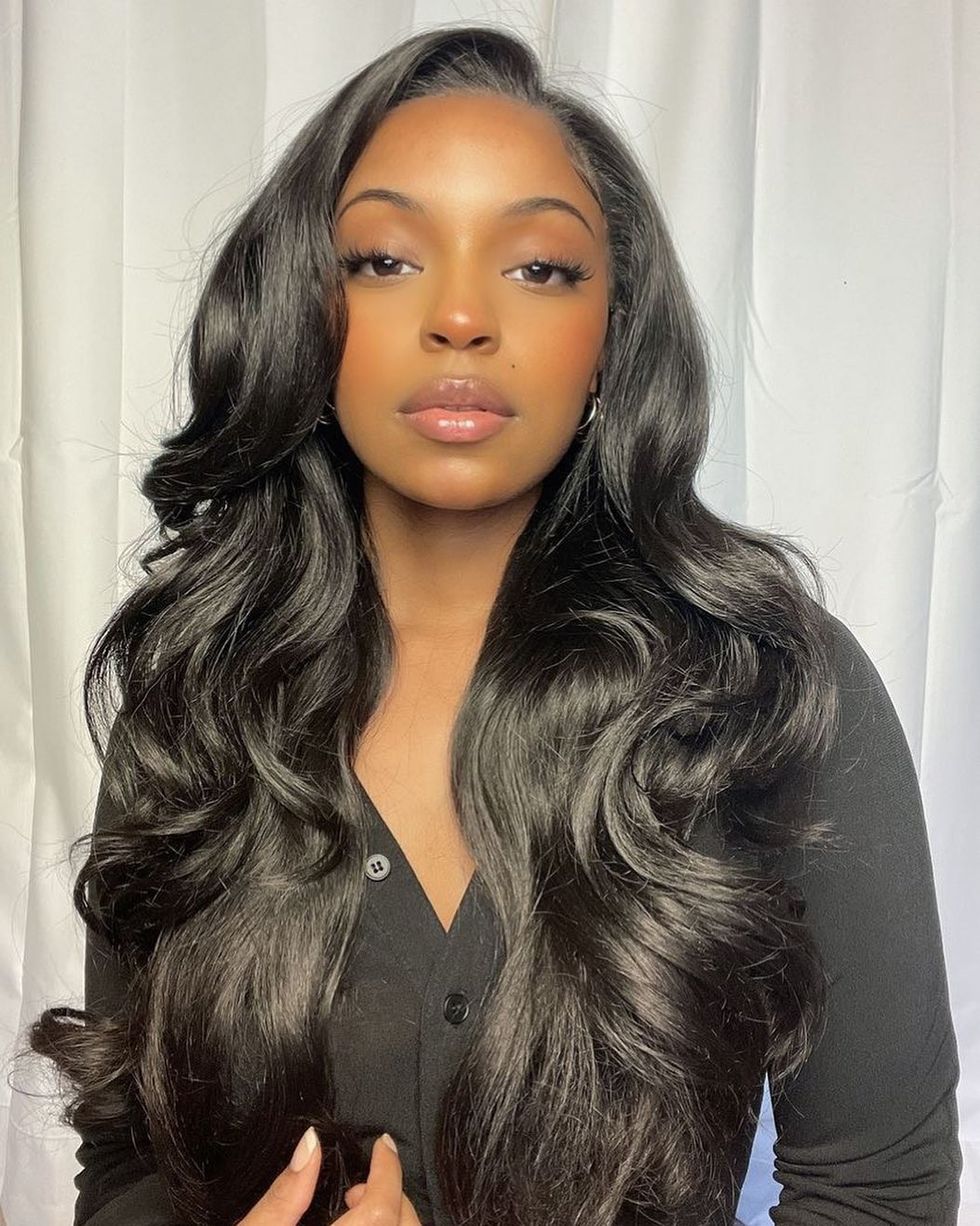
Virgin Brazilian Loose Wave

Bye Bye Knots Bob Wig
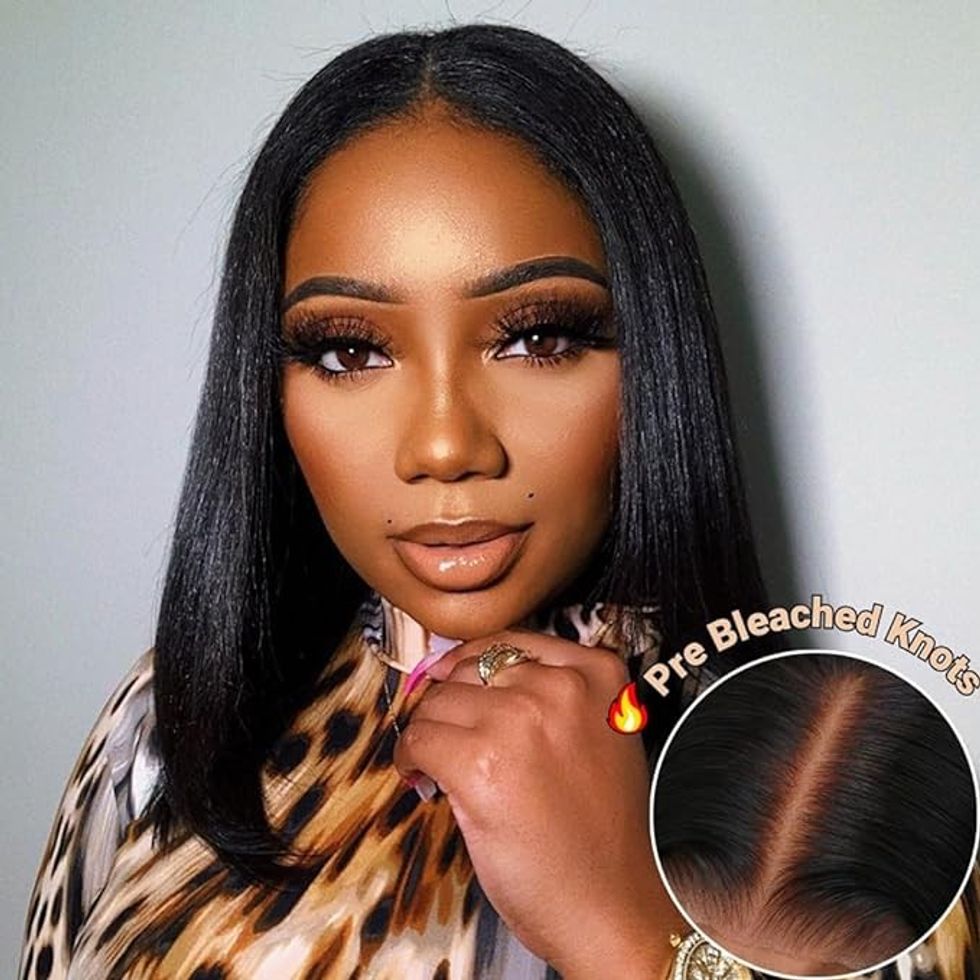
Can you style a synthetic wig?
“Since synthetic wigs aren’t made from actual hair, they can’t really withstand much heat styling,” says Margolin. He suggests keeping your hot tools at a temperature “below 350 degrees when styling your synthetic wig to avoid burning the hair.” Don’t worry, though—if you really set on styling your synthetic wig, you can use flexi rods and other heatless tools. With human hair, you can use all the hot tools you want. Just be sure to use a heat protectant spray, says Worrell.
Heat Shield Thermal Protection Mist
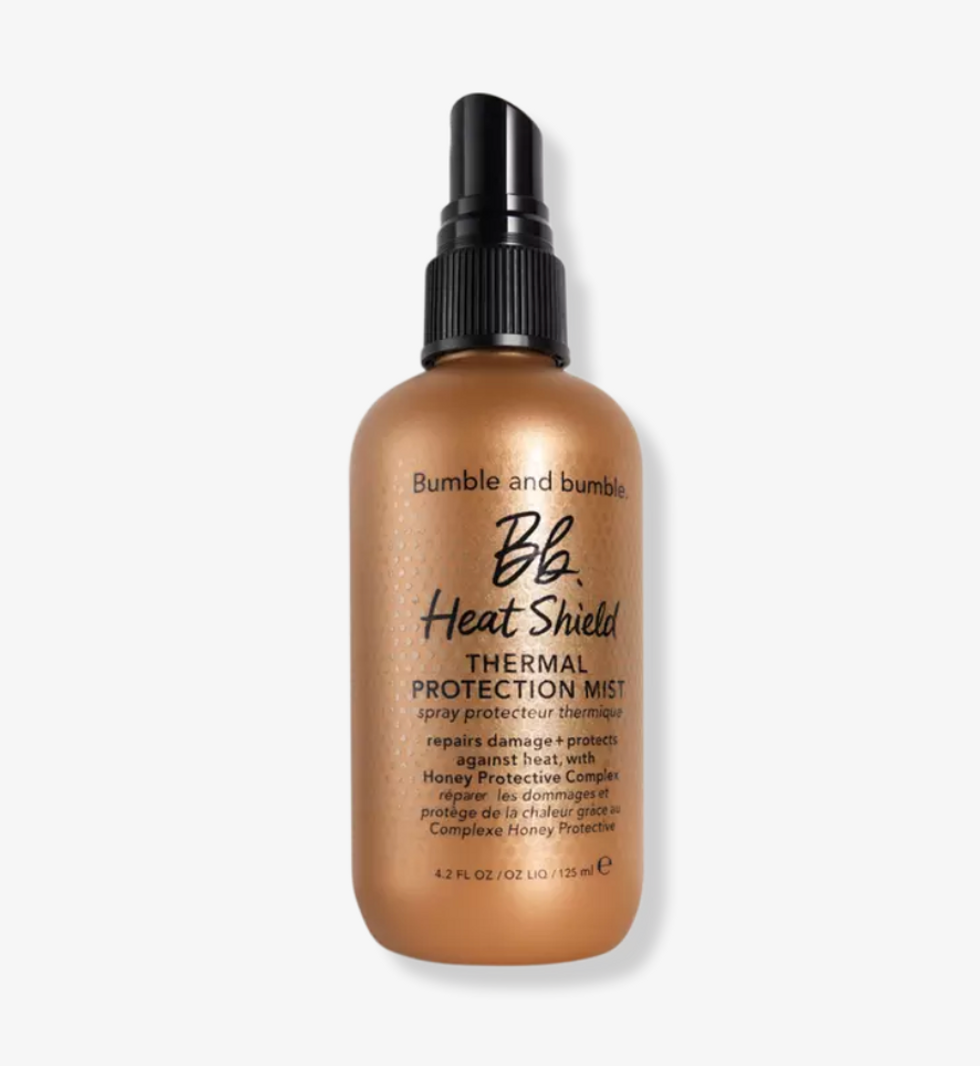
Waver Heatless Curls Kit
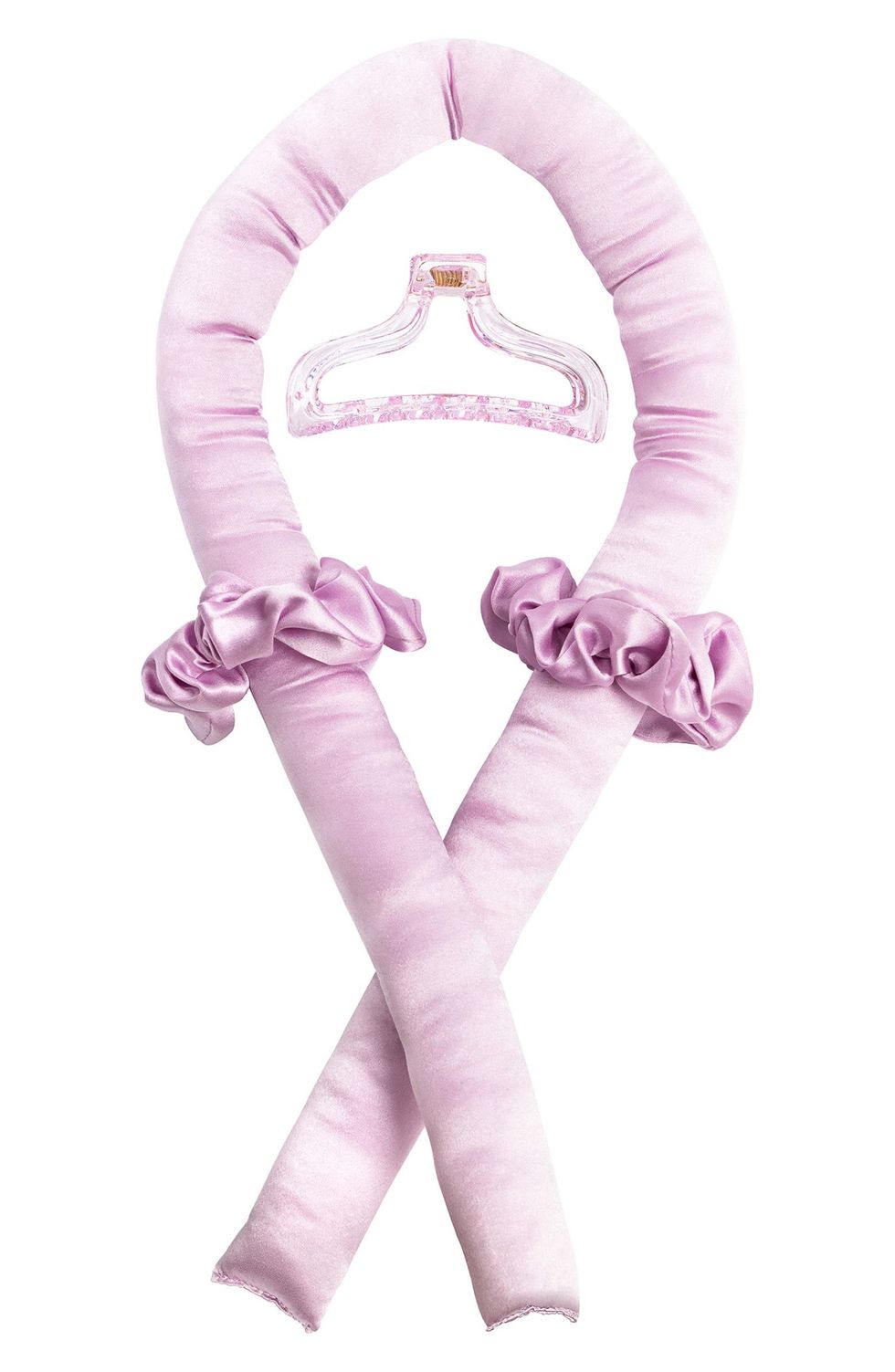
Heatless Hair Curler
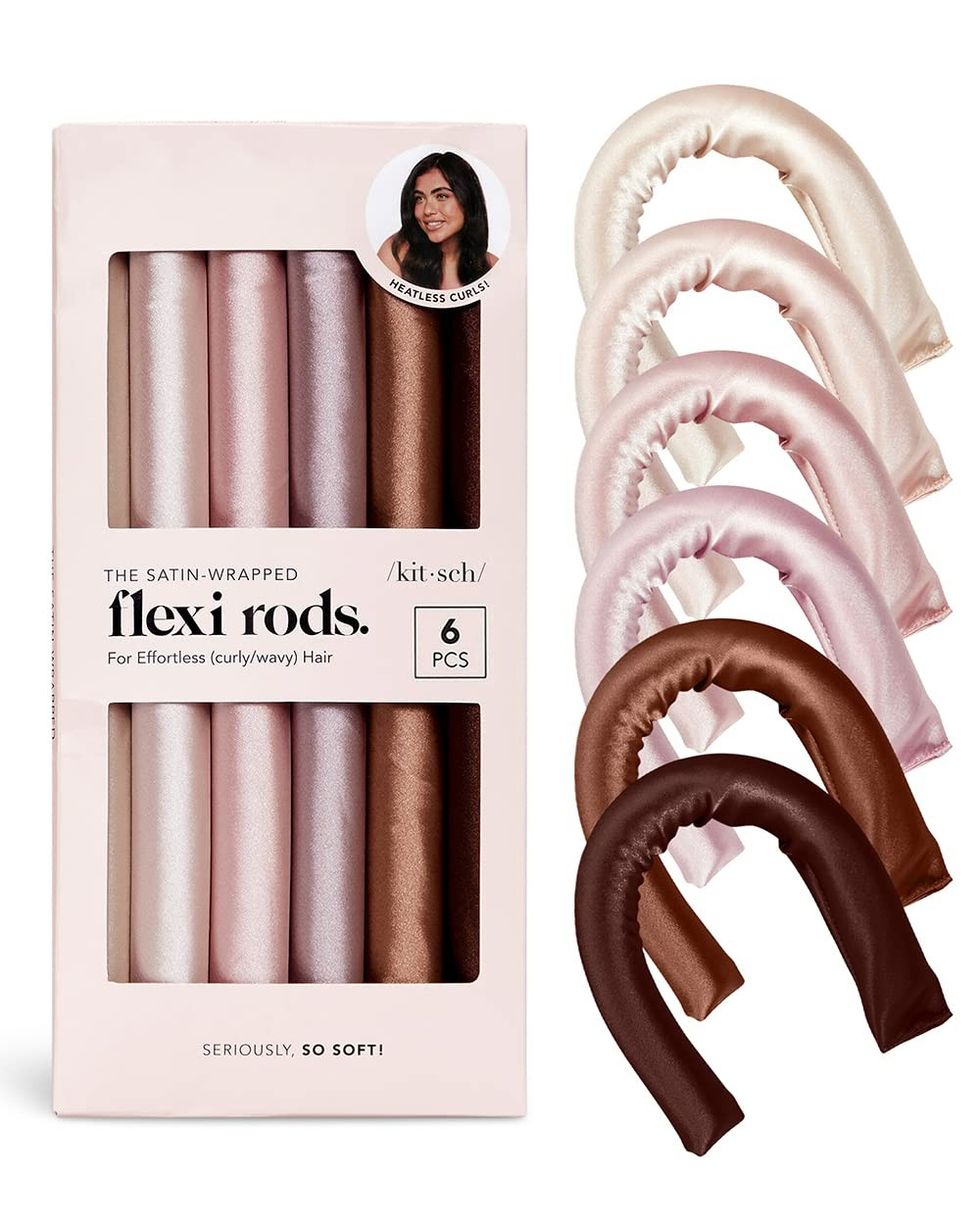
Should you wash your human hair wig?
“Yes, it's important to wash your human hair wigs between installations,” says Margolin. How often you wash it all depends on how often you wear your wig. If you wear it daily, Margolin recommends washing it once or twice a week to refresh your wig and remove any product buildup. “If it's something that you're just going to wear for a day or two here and there, then you can go a little longer without the wash,” says Worrell. Either way, be sure to opt for a gentle cleanser to avoid damaging the hair’s integrity, and work the shampoo through the hair using “a swishing motion instead of scrubbing it the way you would your natural hair,” says Worrell. FYI—you can’t wash synthetic wigs.
Pro Series Conditioner
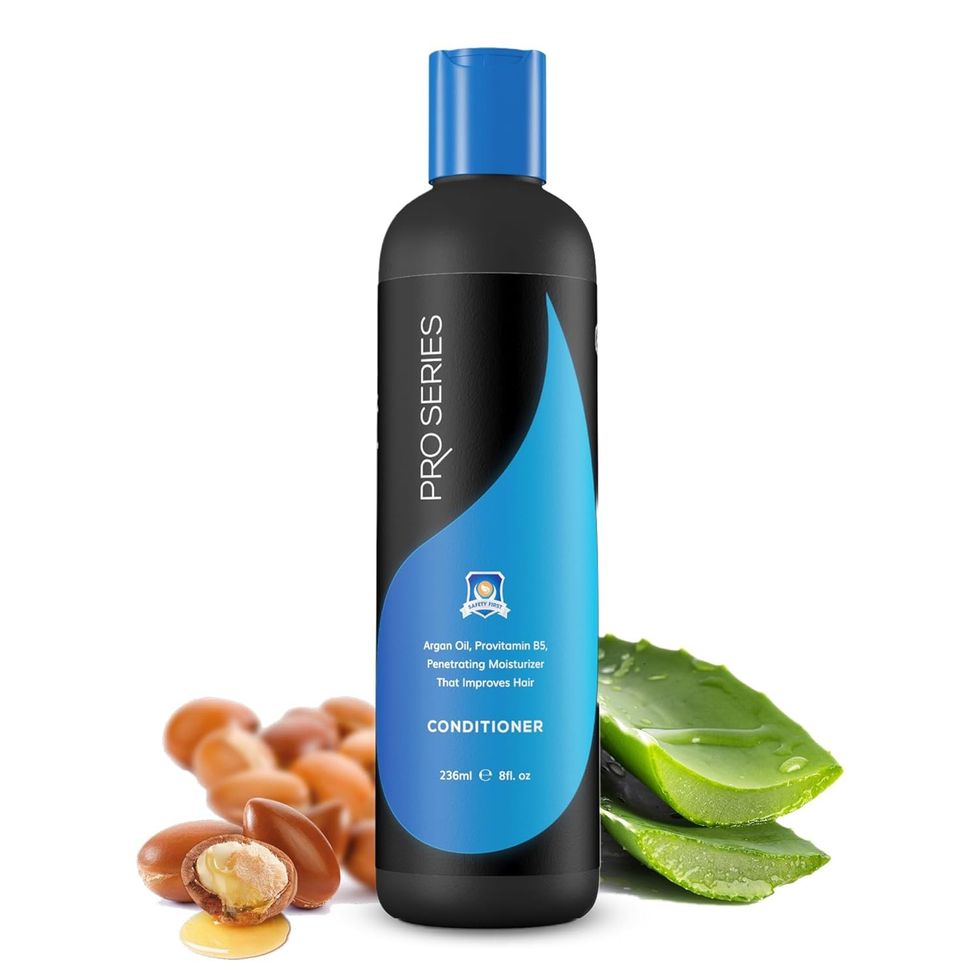
Rosemary Mint Purifying Shampoo
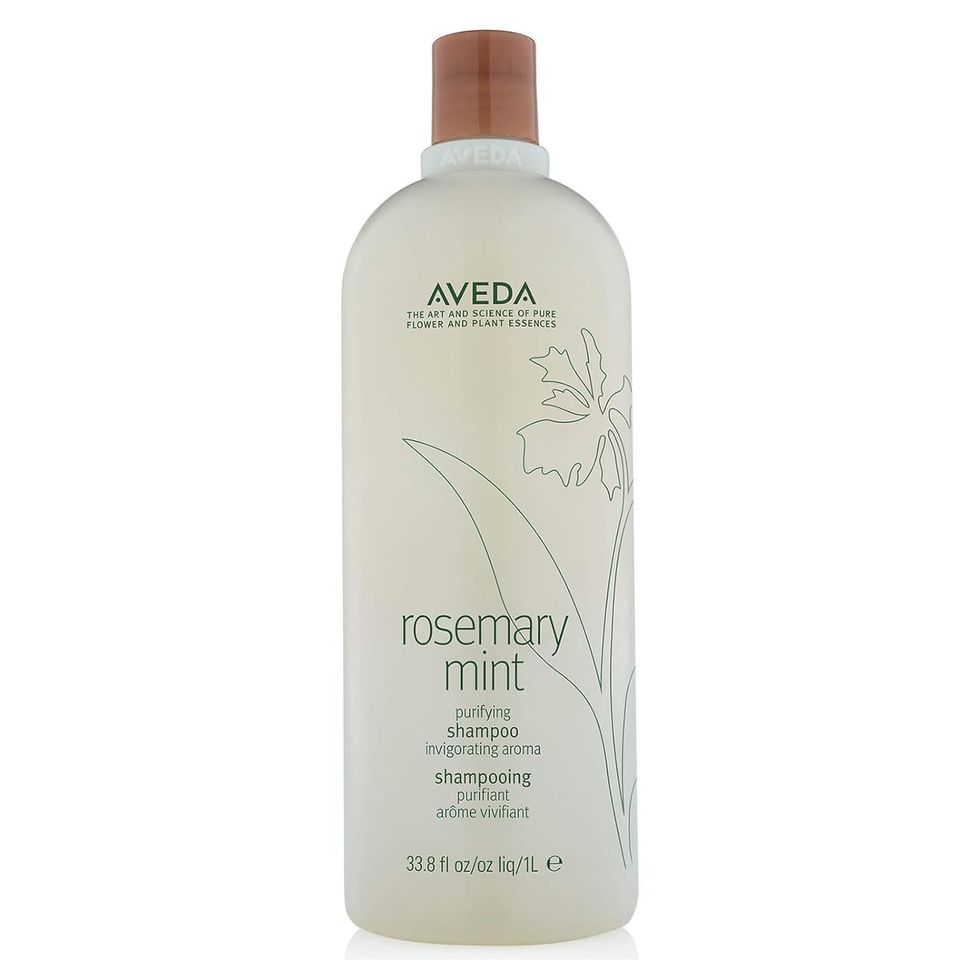
Sulfate-Free Conditioning Shampoo
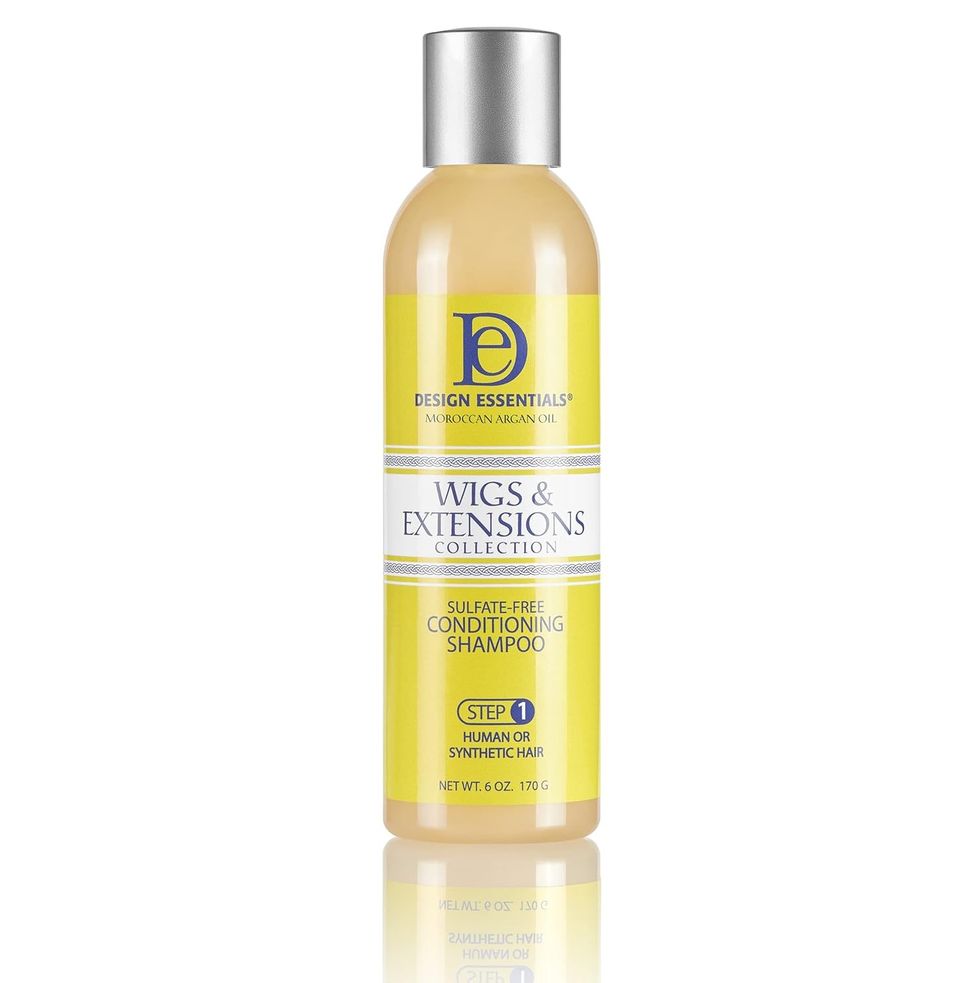
Is there anything you should do to your wig before installing it?
The prep process for your wig depends on the type of wig you bought. “For synthetic wigs, little to no preparation is necessary outside of teasing, brushing, or combing to your liking,” says Margolin. “However, if the synthetic wig hairline is full, you can pluck it to thin the hairline a bit.” Human hair wigs are a bit more involved when it comes to preparation. “You’ll likely need to bleach the lace knots and slightly pluck the hairline before installing them to achieve a natural, seamless look.”
What styling products should you use on a human hair wig?
The styling tools and products you’re able to use all depend on your wig’s style and texture. With a synthetic wig, it comes pre-styled—you’re not really able to do much. But, with human hair wigs, you’ve got options. “For a straight or body wave human hair wig, I recommend using a heat protectant, wax stick, and holding spray for a flat and flowy style,” says Margolin. “Whereas a curly or wavy human hair wig would require a defining curl mousse to make the curls pop.”
Hair Wax Stick
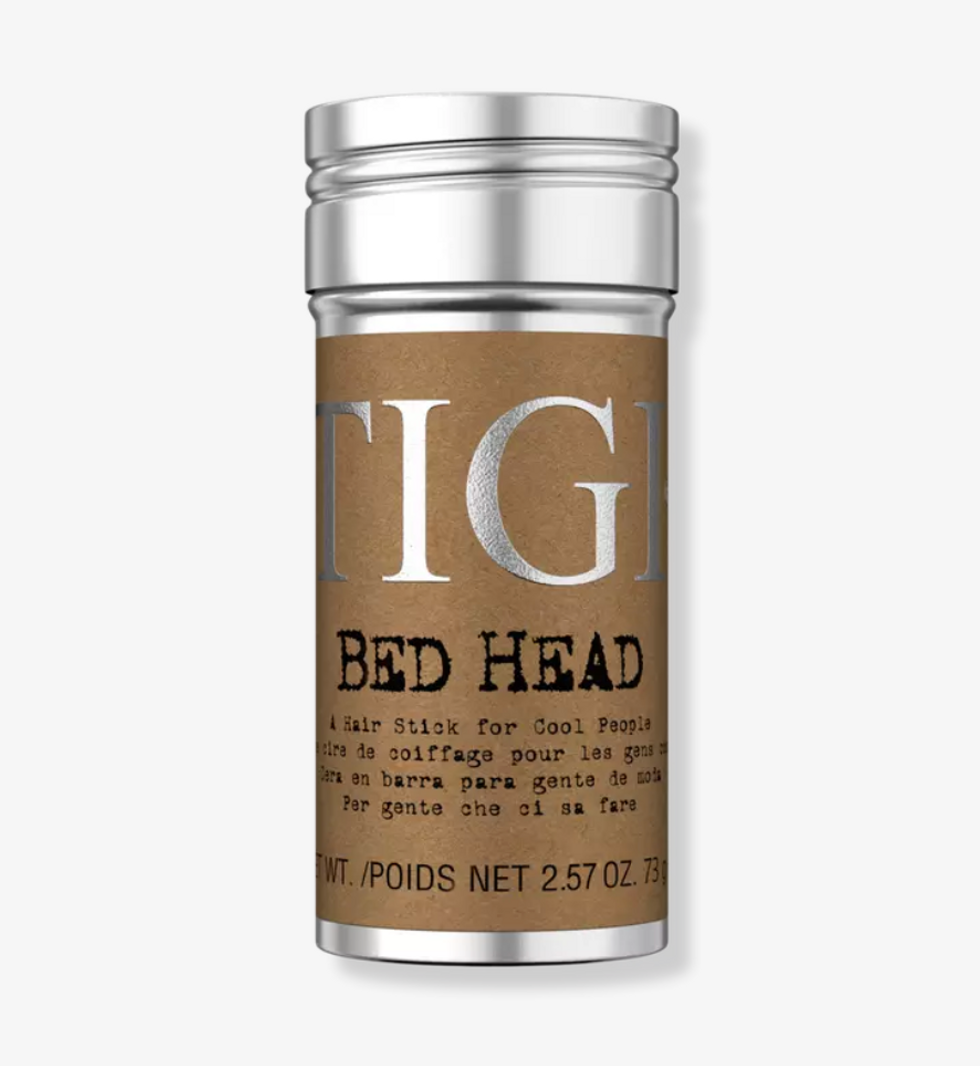
Cult Favorite Firm + Flexible Hairspray
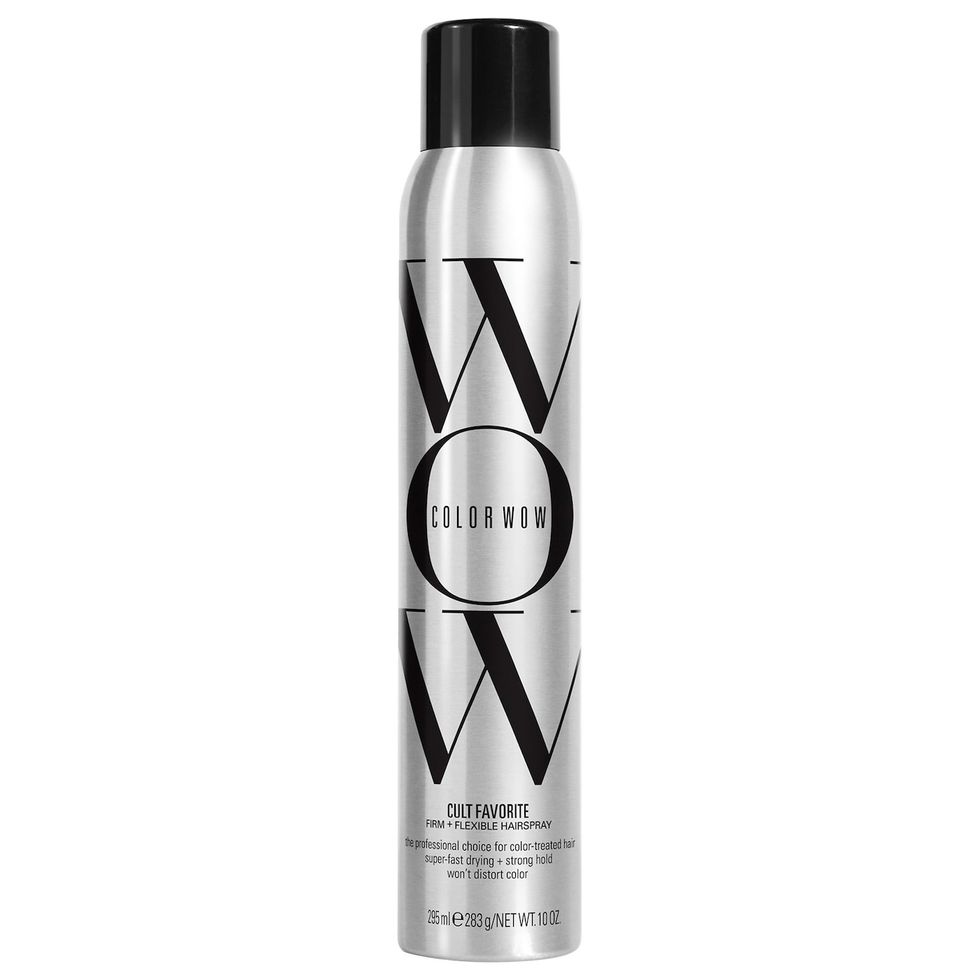
Curl Definer Conditioning Cream
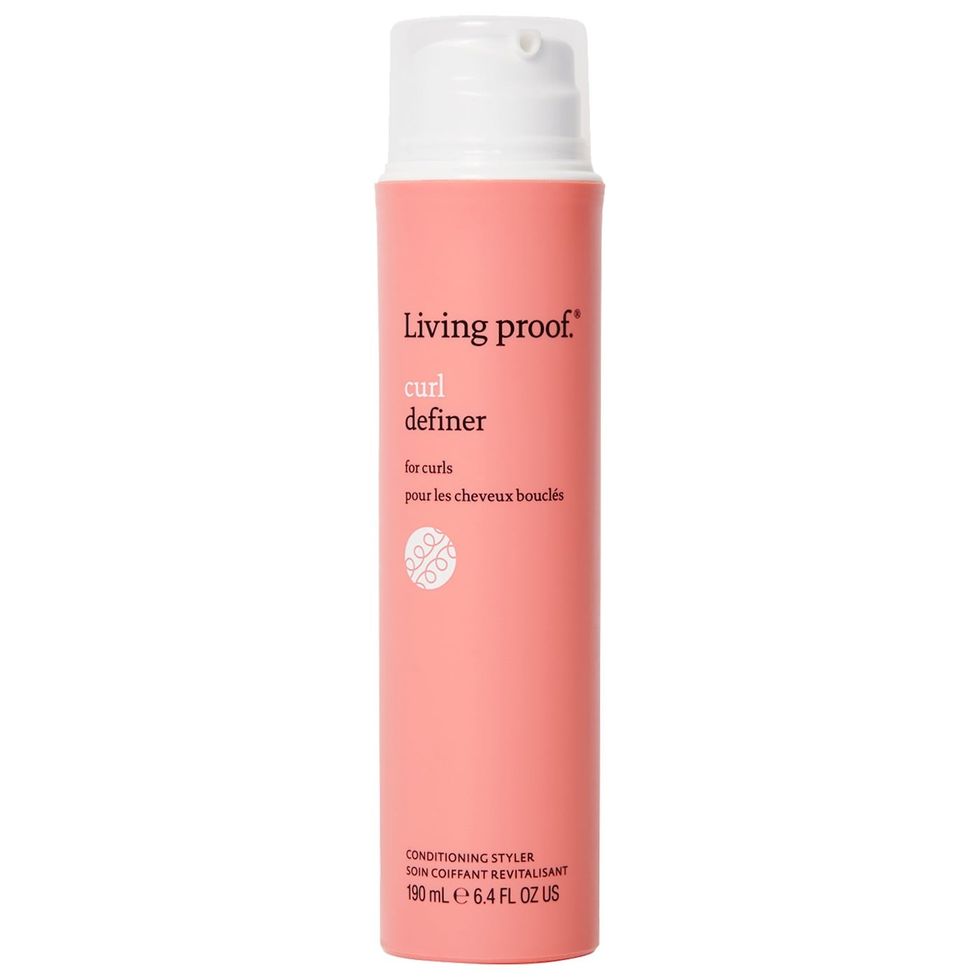
Want more stories like this?
This Beauty Director’s Curly Hair Is Full of Secrets…and She’s Sharing All of Them
Side Bangs Are Back—How Do We Learn From Our Past Mistakes?
Wrinkles, Dark Spots & Acne: They’re No Match for Alpha Hydroxy Acids
from Coveteur: Inside Closets, Fashion, Beauty, Health, and Travel https://ift.tt/eW9731j
via IFTTT
Comments
Post a Comment